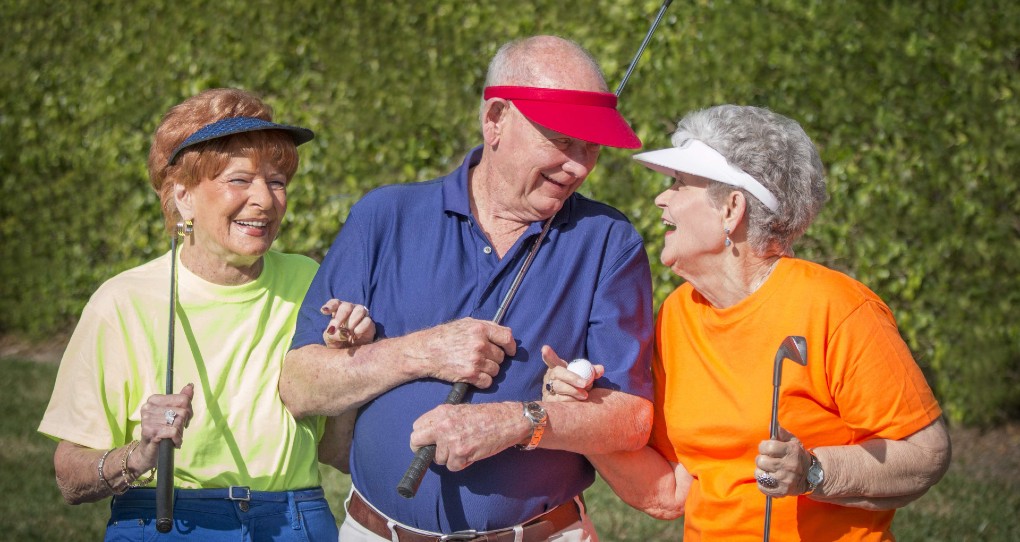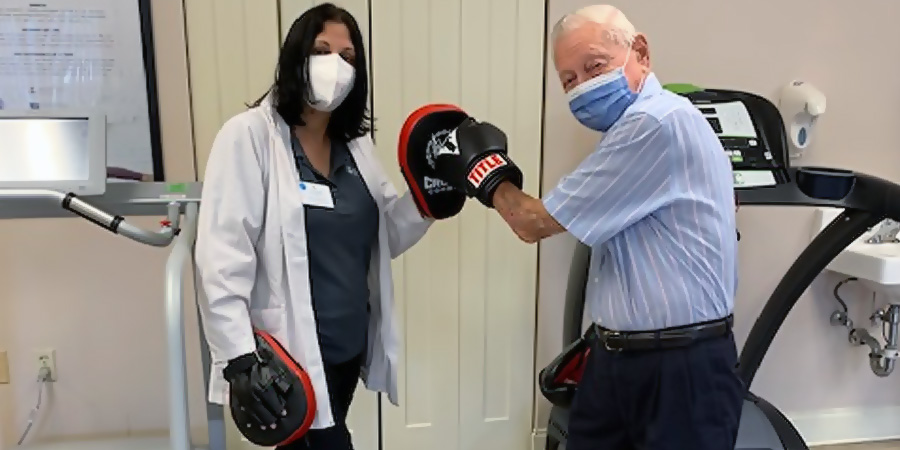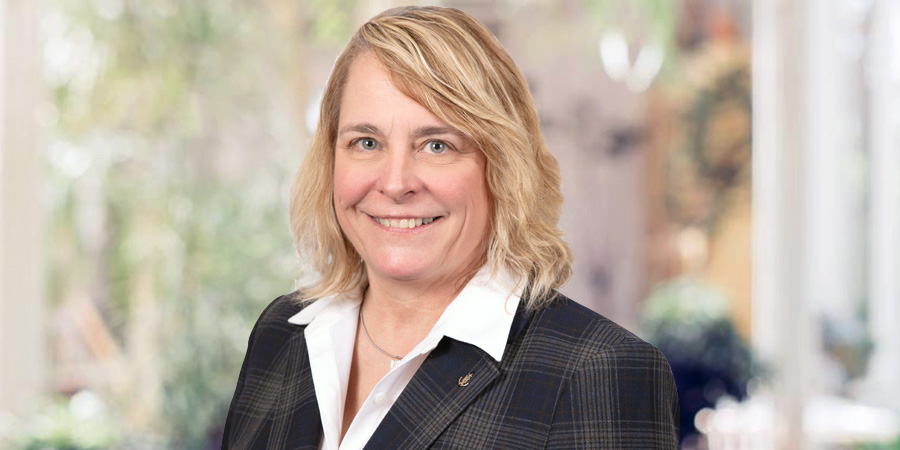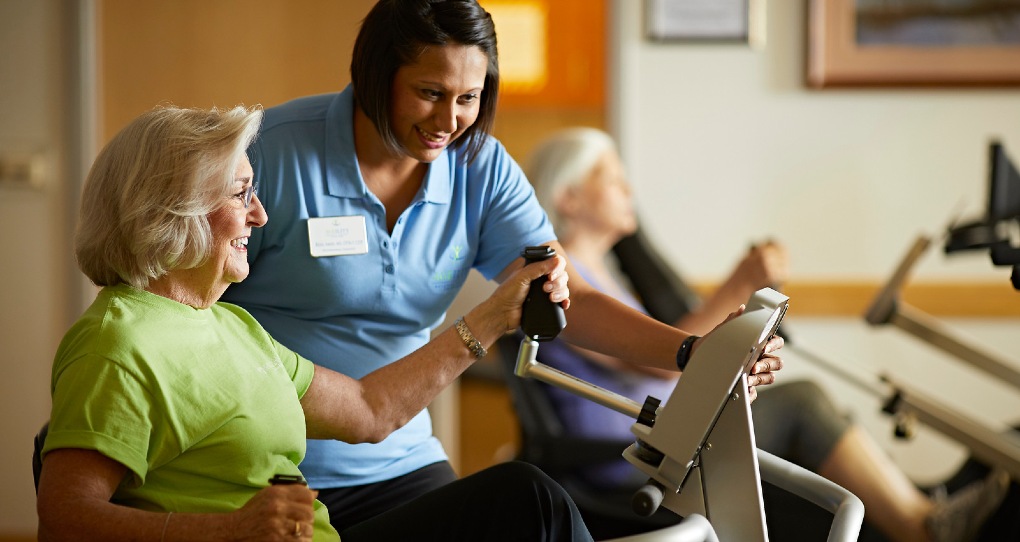Active Lifestyle Tips for Seniors
July 7, 2021
Anytime Moves for Whole Body Health
Have you ever wondered why it is that children are encouraged to be active – yet as we age, there’s less focus on movement, flexibility and aerobic ability? We’d like to change that by providing some active lifestyle tips! Older adults often fall off the radar when thinking of fitness, but they need to stay active as much – if not more than everyone else. Physical fitness is necessary for the everyday tasks an older person needs to do to stay independent, but it’s also required for driving safely, interacting with friends and an overall better quality of life.
These simple tips for encouraging an active lifestyle work for seniors AND people of all ages – from age 3 to 103!
Work out with the TV
While you or your loved one may not be in shape enough to try hot yoga or get in the cross-training trend, there are plenty of workout videos designed with older adults in mind. From line dancing to gentle stretching to working out with weights, your current fitness level and doctor’s recommendations can help guide what activities are safe. Don’t assume that those confined to a walker or wheelchair are exempt from enjoying video workouts. “Chair exercise” videos are popular with those over 70, and they offer a low-strain way to get blood flowing and muscles moving within their full range.
Walk every day
This advice is true for everyone, not just older adults. The simple act of walking offers maximum health impact with very little effort. For loved ones confined to the home or who can’t venture out during inclement weather, multiple sets of “hallway” walks will do just fine. Set a goal to walk the length of the home 10 times a day, for example, being mindful of changes in terrain from rugs or carpeting that could cause a fall.
Join an active lifestyle group
It’s not as much fun to work out alone, so make it a date. There are many community groups formed with the sole purpose of getting the gang together to make a move, and with everything from organized mall walkers to pickleball teams, it’s an incredibly effective way to play. Ask your local senior center what types of meetups happen each week. You’ll probably find the right activity to join in no time.
Learn something new
Taking a class is a good idea at any age, and learning a way to be active is appropriate for seniors, too. Swimming is the perfect way to get low-impact movement indoors or out, and you’re never too old to pick up a new dance style. Check with your local senior community to see what new courses combine fitness with friends. Learning new things is good for your whole body – and especially your brain.
Talk with your doctor
No matter what motivates you to move, it’s wise to get a physician’s input before starting something new. Even a different set of stretching exercises can cause harm in the wrong circumstances. While it’s not a good idea to fear the unknown, it can take time to understand how new physical activity can affect the body. Start just one new workout at a time, and be sure that there’s someone close by to help if anything goes wrong. While most seniors tolerate moderate activity quite well, unique health conditions – including medication and mobility concerns – can limit the choices for some older adults.
Remember, fitness isn’t only about movement. It’s a whole-body thing.
Reinforce the importance of the following tips for staying healthy throughout a lifetime:
- Drink plenty of fluids and let your doctor know if you start to feel thirsty or have a change in urination. Dehydration is much more serious for older adults, and certain essential vitamins and minerals can become out of balance with sudden fluid intake changes.
- Pay attention to new aches and pains. While a little stiffness when starting a new exercise is normal, sudden or severe pain is not. Ask your doctor what’s acceptable – and what’s not – and discuss how pain relievers, ice or heat can alleviate common aches from working out new muscle groups.
- Listen to your body. No one is a better expert than you. If you feel dizzy, unstable, weak or tired, stop working out and seek medical attention. Some warning signs aren’t as specific as others. A general feeling of something being wrong is a very real concern and doesn’t need additional symptoms to qualify as a real issue.
Ready to get started in experiencing the fullness of a fit and healthy life? The right time to start is now. With some help and inspiration, a better future is possible.
If you want to understand how fitness can play a role in your loved one’s care – find an Ageility location near you.




